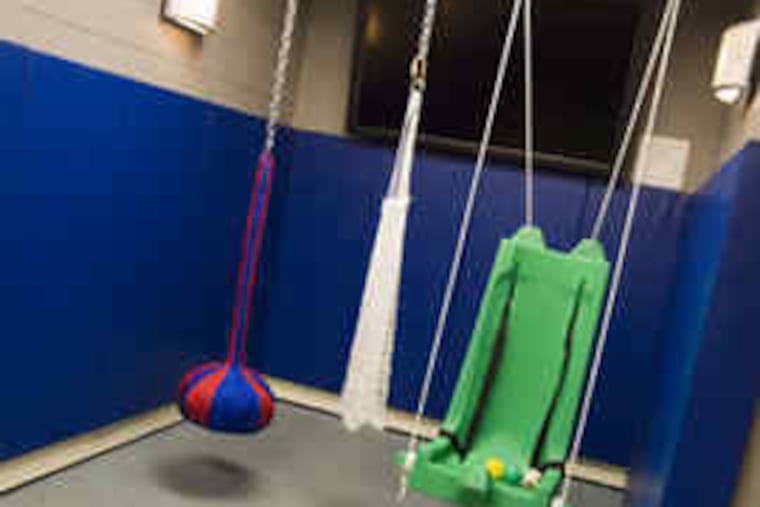PhillyDeals: In a life of detours, he's now a philanthropist
Paul Hondros, raised at Front and Norris, wanted to be a Philadelphia police detective. A career detour made him a capitalist, and now a philanthropist.

Paul Hondros, raised at Front and Norris, wanted to be a Philadelphia police detective.
A career detour made him a capitalist, and now a philanthropist.
After the city canceled promotions in an ethnic-quota dispute, Hondros moved to the police-data unit, took classes at St. Joseph's University, and got a job at a little firm that grew into Oaks-based mutual fund giant SEI Investments Co.
Lured to Boston by Ned Johnson, owner of Fidelity Investments, Hondros spent the 1990s as a top mutual fund executive at what was then the nation's biggest investment house.
In 1998, he came back to Philadelphia with a new wife and a lot of connections. A year later, he set up Villanova Capital, which Hondros expanded with canny hiring and marketing, and sold in a series of
profitable transactions; it now forms parts of the British-owned Aberdeen and Gartmore investment groups.
With the proceeds, Hondros set up a new fund, Alpha One Capital Partners. Then he went back to St. Joe's, looking to share.
The Hondroses' son, Luke, is autistic. "You don't know where to go for help," Hondros told me. "Occupational therapy. Speech therapy. Social skills. You have to research it. My wife had to bring people in.
"But what do you do if this happens and you're in the inner city? Or a single mom trying to sort this all out after work? The divorce rate with this is high."
St. Joe's president, the Rev. Timothy Lannon, took the Hondroses to meet Michelle Rowe, a biopsychologist who studies "how the brain affects health and behavior."
The result is St. Joseph's Kinney Center for Autism Education and Support, housed in the former Cynwyd Hall on the James J. Maguire '58 Campus (formerly Episcopal Academy). The center, named for Hondros' mother's family, opens today with an initial staff of four.
Kinney is a "resource center" for families with autistic members to learn about the condition and how to cope with it, and an education program for St. Joe's to train specialized teachers and social workers. "We want to graduate 30 to 50 a year," Hondros told me.
"We've raised $8 million. Our target is $15 [million] to $20 million. We're the lead donor, but we've also gotten a lot of $20s and $50s."
The center won't do cutting-edge medical research. Go to Children's Hospital, with its medical staff and resources, for diagnosis and treatment. St. Joe's offers information on how to cope with weak social skills, lack of eye contact, sibling relations, sensory issues.
"It's not a biomedical model, where you're focused on symptoms and the disease," Rowe told me. "It's a psychosocial model, looking at the psychology of the individual, and the families," and social groups. "The big picture. How people cope.
"We're not going to cure you. We're going to help you live with it."
Morrell Plaza sold
Levin Management Corp., North Plainfield, N.J., says it's paid $22 million for 100,000-square-foot Morrell Plaza in Northeast Philadelphia, from Florida-based Midland Development Group Inc., which had renovated the shopping center and brought in a ShopRite supermarket.
Levin owns 80 centers from New York to Erie, including smaller properties in Bensalem, Horsham, and Mount Holly. Why Philadelphia, and why now?
"We like this neighborhood," said Matthew K. Harding, president of Levin. "We've been in the market for a while, looking for opportunities. But the pricing was very high for quality properties. So we waited. The market turned. We found Morrell."
Harding figures it would have cost an extra $4 million or $5 million, before the market fell last year. So has the market hit bottom? "No one has a crystal ball. We saw this as a great opportunity and a fair price."
Still, with plenty of properties now worth less than their landlords owe, "a lot of folks have been sitting on the sidelines, waiting for a greater decline."
Levin's investors put up about 35 percent equity and borrowed the rest. After approaching a series of wary lenders, Levin settled on TD Bank N.A., "a great partner. They worked with us to get it done."